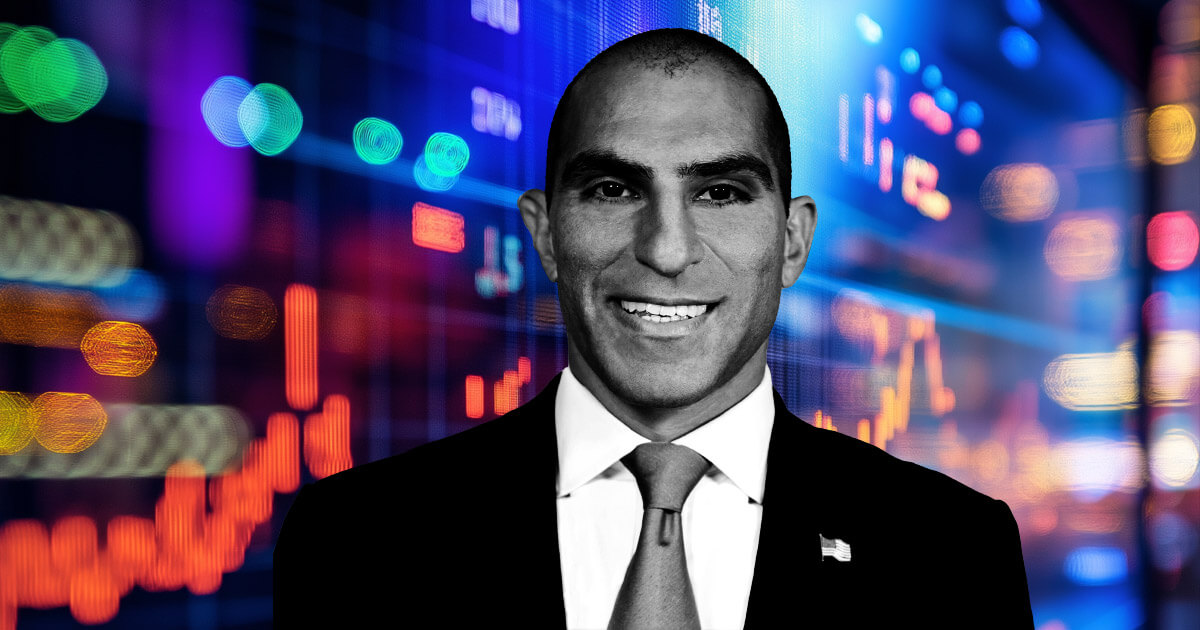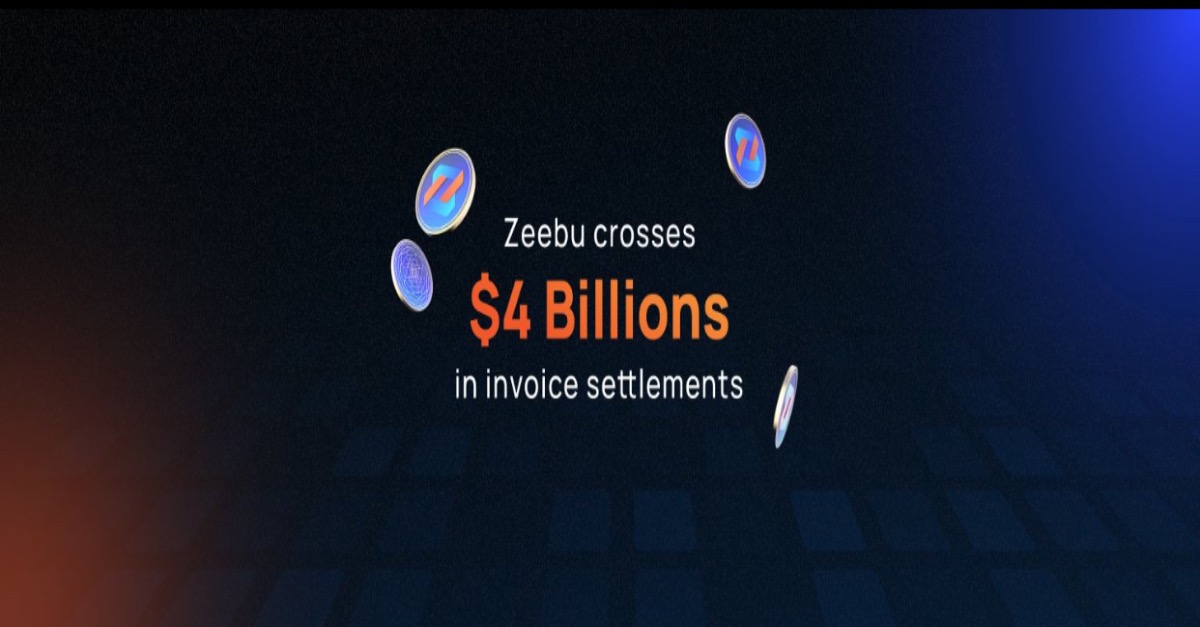On Tuesday, a good portion of the very online crowd known as Crypto Twitter will be listening to a podcast pitting a lawyer from the VC firm Paradigm against another attorney who leads an outfit called Prometheum. Ordinarily, two lawyers going at it is not must-listen material, but this is an exception because it involves a high-stakes issue—and because, based on a preview, it’s set to be the audio equivalent of a knockout.
The podcast, hosted by crypto journalist Laura Shin, features Paradigm lawyer Rodrigo Seira, a Harvard Law graduate and veteran of several elite law firms, including tech-focused Cooley. His counterpart on the show is Aaron Kaplan, whose alma mater, Thomas Jefferson, is best known for its graduates passing the bar at an abysmal 25% rate and for losing its accreditation. Ordinarily, I don’t put much stock in where someone went to school—I’ve met plenty of Ivy League dimwits—but it matters in this case because the topic at hand is the very technical subject of securities law.
The pair are squaring off because Kaplan, who had been largely unknown in the crypto world, turned up in Congress this month to proclaim the Securities and Exchange Commission’s legal regime for digital assets is working just swell and that no new laws are needed. As evidence, he pointed to how his firm, Prometheum, obtained a “special purpose broker-dealer” license from the SEC—proof that there is indeed a place for regulated crypto firms.
The details are complicated (here’s a good overview), but the broad strokes are that Prometheum claims its new license will soon allow it to store and trade crypto securities. And in Kaplan’s words, incumbent crypto platforms like Coinbase are simply “scofflaws” that couldn’t be bothered with compliance. Fighting words!
The problem for Kaplan is that his grand claims just don’t make sense. For starters, his precious license doesn’t permit Prometheum to trade Bitcoin or Ethereum—the lion’s share of the crypto market—and so far he’s been unable to point to any other tokens that the firm plans to build its business around. This is probably why, as a critic in Congress pointed out, Prometheum is on record two years ago as saying the SEC’s crypto legal regime—the same one in place right now—was unworkable.
It’s possible that, as Seira acknowledged, Kaplan has hit upon some genius legal theory for crypto that no one else has discovered. More likely, though, it’s an Occam’s razor explanation that Kaplan is just wrong on the law. His credibility is also undermined by this withering tweet thread shared widely after his appearance in Congress that highlights his role in a dubious blockchain startup several years ago.
Prometheum’s recent emergence also raises the question of how Kaplan came to appear before Congress in the first place, and how his remarks rhymed so closely with Democratic party talking points around crypto. The answer to this is unclear—it’s very possible it was just a matter of luck and timing. Whatever the case, the broader point is that the current poster child for a “regulated” crypto company is a farce, and everyone but Kaplan and the SEC appears to know this.
Jeff John Roberts
jeff.roberts@fortune.com
@jeffjohnroberts
DECENTRALIZED NEWS
The price of Bitcoin Cash, long a poorly regarded altcoin, doubled in the last week following news that new institutional exchange EDX would list it. (Bloomberg)
FTX‘s current CEO accused the company’s former senior lawyer, Daniel Friedberg, of falsifying records while helping Sam Bankman-Fried defraud customers. (WSJ)
Apple is making good on its threat to remove the social networking app Damus from its App Store over the app’s use of Bitcoin tipping. (TechCrunch)
The recent mutiny in Russia led to rubles pouring into the stablecoin Tether at four times the usual volume. (Fortune)
A new report names the dozens of properties, valued at over $243 million, that FTX founder Sam Bankman-Fried bought with his customers’ money. (The Block)
MEME O’ THE MOMENT
Credit: Source link















































